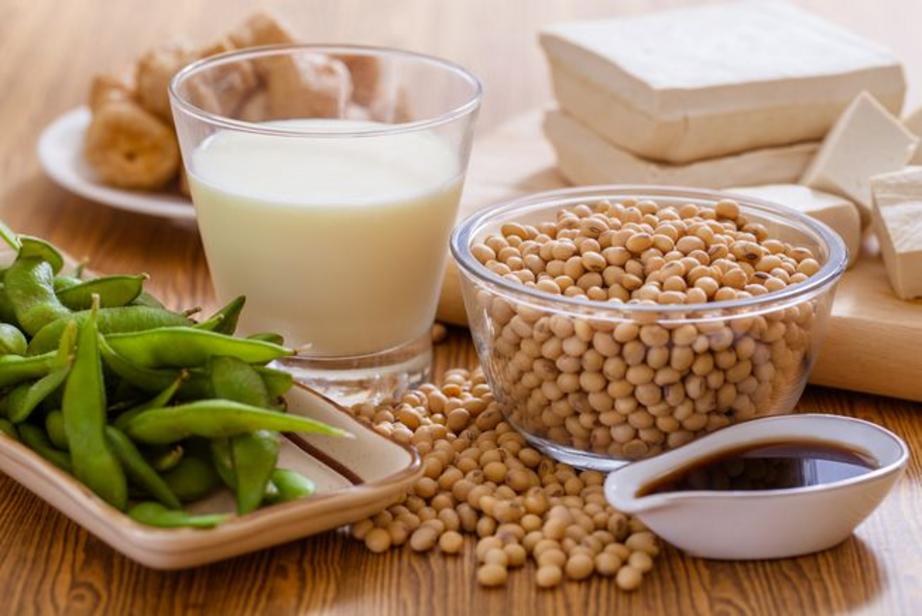The truth about soy and tofu
Here are 4 reasons you may not want to eat soy.
I cook for a mostly dairy-free family, and when I browse for recipes for creamy dishes without the dairy, I often come across some that rely on soy-based foods such as tofu. They sound tempting, but despite the convenience, I rarely eat unfermented soy.
For the uninitiated, soy falls into two broad categories, fermented and unfermented. Unfermented soy includes soy milk, soy nuts, tofu and soy infant formula. Fermented soy includes tamari, miso, natto, tempeh, pickled tofu and various fermented pastes used in a variety of Asian cooking techniques. Knowing the difference will help you navigate recipes — and understand why I avoid the unfermented kind. Here's my rationale:
1. Soy is generally genetically modified.
There are a lot of good reasons to avoid genetically modified foods, and soy is one of the most common crops to be genetically modified. Somewhere upwards of 90 percent of the soybean crop is genetically modified. If you want to avoid GMOs, than you will need to avoid most soy products. (I buy organic soy sauce/tamari and natto, for this reason.)
2. Unfermented soy contains high amounts of anti-nutrients
Unfermented soy includes anti-nutrients, such as phytate, which can block your body from absorbing nutrients. While soy milk may be high in calcium, the anti-nutrients in it can mean that you don’t get the benefits. You can read some of the research I did on the subject of the anti-nutrient, phytic acid.
3. A diet heavy in soy could lead to hormonal imbalances (which could lead to hormonal-driven cancers)
When I first started researching anti-cancer diets years ago, I read a book by a doctor who researched and conducted trials in prevention of breast cancer. One of the chapters in his book presented the sometimes confusing and conflicting research on soy and breast cancer. According to him, too much soy seems to increase your chances of getting breast cancer, and just a little soy in your diet increases it as well. According to him, you had to get the perfect medium in the middle for anti-cancer effects. Good luck on that.
Since then, other research has continued to feed concern regarding soy and cancer. Just one example out of many is a study that showed that women who start to eat soy as adults may derail their cancer treatment. Soy contains isoflavones that mimic estrogen, which some research says is helpful in preventing hormone-driven cancers, while other research shows it can increase your chances of getting cancer. Using soy to prevent cancer is a gamble since there are so many conflicting conclusions from studies.
4. Soy's heart benefits have come into question.
In late October 2017, the U.S. Food and Drug Administration (FDA) moved to remove a health claim on hundreds of products that soy reduces the risk of heart disease. The language was originally approved in 1999 based on early studies that suggested soy protein lowered heart disease. But the FDA says numerous studies since then have presented inconsistent findings on the positive link between soy and heart benefits.
So what to eat?
I personally follow the Weston A Price Foundation’s guidelines for eating soy. I only eat organic soy (to avoid pesticides and GMOs) and fermented soy (to reduce anti-nutrients) in small amounts. I enjoy tamari (gluten-free soy sauce), miso, natto, and every once in awhile, tempeh.
For the rest of this article please go to source link below.

